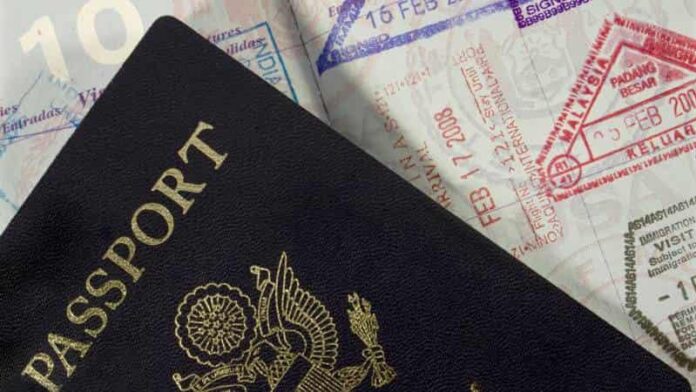To make traveling to India more accessible, the Government of India has introduced several new visa types. It is essential to know the details before submitting your application.
These include e-Tourist Visa, Single Entry Visas, Business/Missionary/X-Misc and Universal visas. These have been introduced to help tourists and travel agents to navigate the process of obtaining visas while visiting India.
Transit Visa
A transit visa is a special visa only issued to allow a traveler to pass through India. It is valid for a single journey and entry to India within 15 days from the date of issue, allowing travelers to stay up to 3 days in the country during transit.
Most international travelers will require a visa to visit India, regardless of whether it is for business or tourism purposes. Exceptions are made for nationals of Bhutan and Nepal who may visit the country without a visa.
A traveler can bypass the need for a visa only when they have confirmed tickets that include an Indian stopover. However, this is rare.
A traveler must usually leave the airport transit area and pass through customs to enter the country. They also need to be in the airport terminal for a specific time before they can connect to another destination.
When traveling through a country requiring a visa, applying for one before leaving your home country is always best. This way, you will have a much easier time getting through the border checkpoint and will not have to worry about missing your flight or getting denied access to the country. Tourist visas are typically given to visitors who intend to stay in the country on vacation. In contrast, transit visas are issued to travelers passing through the country to another location. The U.S. State Department website keeps comprehensive travel guides for every nation, including visa details.
The application process for a visa can be done online. To do so, you must fill out the application form and provide a valid credit or debit card. Once you have done this, you can print out a copy of the visa and present it alongside your passport at the border control in India. Alternatively, you can visit the nearest embassy or consulate to complete the form. For a faster process, you can apply online for an Indian visa program as a tourist. An e-Visa is given to a foreigner who travels only to India for leisure, sightseeing, or a quick visit to see friends or family.
Student Visa
A non-immigrant visa, known as a student visa, is one India issues to foreign nationals who want to study there. For the duration of the course, a visa is issued.
The eligibility conditions for the visa differ from country to country. Moreover, the type of visa you need will also depend on your course of study and the institution you choose to attend.
Business Visa
Foreign nationals who want to travel to India for business may be granted a business visa. These visas are valid for one year or more and can be extended if necessary.
The requirements for a business visa vary from country to country. Some countries issue business visas electronically or via phone, while others require applicants to register formally at their national embassy or consulate before traveling.
Applicants should have assured financial standing and expertise in a specific field. They should not visit India for money lending, petty trading or employment purposes.
There are several types of business visas, depending on the type of business that will be conducted in India. Some are short-term, while others last up to ten years.
For example, U.S. citizens who travel to India for business can choose from a single- or five-year business visa. These types of visas are a great way to arrange deals and sell products throughout the country.
These types of visas also allow travelers to enter the country as often as needed during their stay. They can then register with the Foreigners Regional Registration Office in India.
Missionary Visa
A Missionary Visa is a non-business visa granted to foreigners who intend to travel to India for religious purposes. It is usually issued to Evangelists and Preachers who want to visit India for missionary work.
The Missionary Visa has come under the spotlight once again in India, as two Christian parliamentarians sought the intervention of Prime Minister Narendra Modi and Home Minister Rajnath Singh to renew the visas of Spanish Jesuit Father Ignacio Zuazua based in Gujarat, Belgian Jesuit Father Aurele Brys working in Jharkhand and Australian Missionaries of Charity Sister Laurel Judith Seaton working in Meghalaya.
As per the Indian Government regulations, if you plan to go to India for religious activities, you must apply for a missionary visa instead of a tourist visa. Getting a missionary visa is not always easy and requires professional help.
According to the Indian Ministry of External Affairs, a Missionary visa is a particular category of visa given to foreign Christians who wish to visit India for religious conversion. This policy ensures foreign Christians can enter India without hindrance and peacefully carry out their religious duties.
You must have proof of registration with a church or denomination to obtain a Missionary Visa. Your sponsoring denomination must provide a detailed letter detailing how they will sponsor you and what kind of work you plan to do during your stay in the country.Several faith-based organizations in the United States use the Missionary visa to bring employees to work in the country on behalf of their organizations. These include Christian colleges, hospitals, and charities.






























